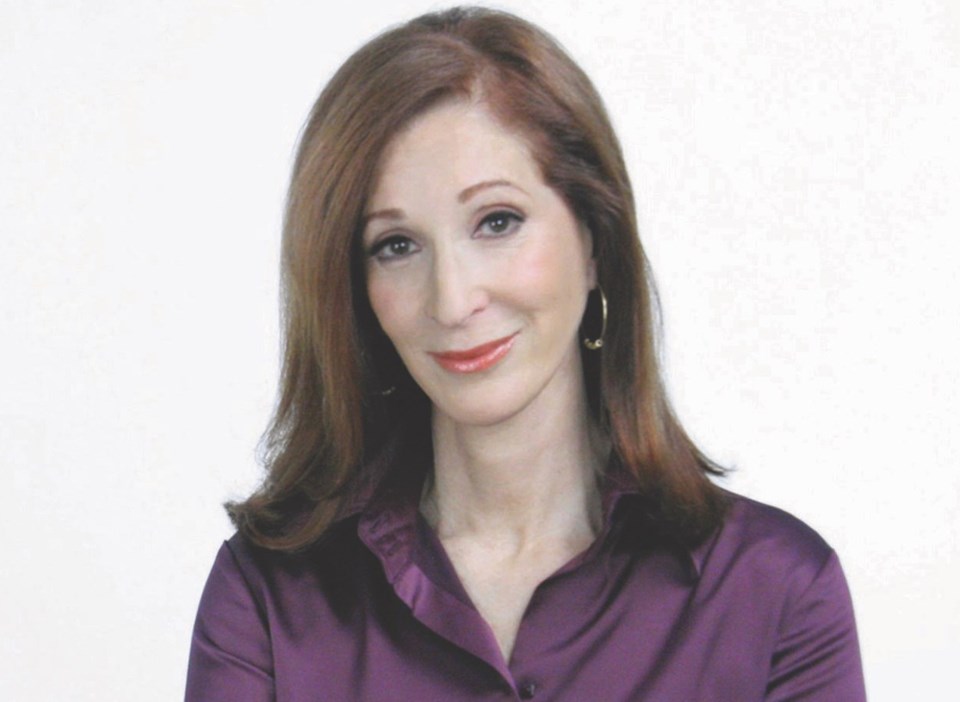Dear Ellie: I’m a woman, age 35, married 10 years ago to the man I loved. Our daughter is eight years old. My husband and I both have good jobs. I enjoy my work, adore my daughter and foolishly thought my life was perfect.
Two years ago, when there were some weird, unnecessary disagreements between my husband and I, it seemed just a passing blip.
But he became distant, worked later and his out-of-town travel that once required two days’ work away increased to four days’ absence.
I now know that he was having an affair. He suddenly announced “this marriage is over.” I had no idea that our relationship was anywhere close to that finality.
But his girlfriend was pregnant by him. He left immediately.
Over this past year, we divorced, they married, the baby has been born.
I’m beyond being angry at my ex. He has been behaving like a jerk, cancelling arrangements that affect our daughter and being rude to my relatives.
I’ve lost all respect for him, which makes it easier for me to focus on the present and future, not the past.
Friends assure me that I’m still fairly young and attractive, and that there will be someone decent and trustworthy to share my life, in time.
For now, I’m worried about my daughter. She’s been having a rough time through all this.
What do you recommend as helpful for her?
Unexpected Divorce!
There are many common and understandable things about divorce that upset children, and call for some basic “do’s and don’t” on parents’ part:
Do stress that what happened is not your daughter’s fault, in any way. Don’t share with a young child any adult concerns or your own anger at her father.
Don’t quiz her about what happens at her father’s “other home.”
As Kyle Pruett, Professor of Child Psychiatry at the Yale School of Medicine, wrote in Psychology Today, children more easily recover from divorce, “especially when parents acknowledge how their children are feeling about this event and when children trust the adults to hear them out and love them through it.”
Do seek help for your daughter if she has continued trouble coping with the divorce or shows regressive behaviour, e.g. bedwetting.
If it persists, she might benefit from counselling.
If you and your ex have disagreements over visiting schedules and other matters that upset your daughter, go together to a divorcemediator.
Reader’s commentary
Regarding the benefits of having friends of all ages (March 25):
“My Pilates Yoga teacher is in her 70s, and recently taught us students (mostly 30s and 40s) as much about friendship as movement.
“Last year, her husband died suddenly.
“Two months later, she confided that mornings were the worst time, waking to silence after living with him for 45 years.
“I told my early-morning walking group, who all agreed we should invite her to join us.
“We’ve all learned huge benefits of having friends of different ages.
“The “teacher” is often the one learning, or advising us on wide topics, while we “youngsters” sometimes teach her.
“Example: She believes in relationship compromise but insists on being direct about what she’ll accept on significant issues.
“We realized that we divert from big issues and stress too much about small stuff.
“But we try more new things — from digital advances to facial injections, we refuse to be left behind on anything.
“From our urging, she went rock-climbing with some of us her first time!”
Feedback
Regarding the woman isolated from friends, family and grown children (March 3):
Reader: “I pity that person in an abusive relationship for 30 years!
“With mental/verbal abuse, it’s harder to get help. Physical abuse is criminal.
“Walking out isn’t easy, you need a permanent place. In some areas, priority for subsidized housing goes to someone living with abuse.”
Ellie: This person (unknown whether a woman or man) is in a terrible situation and must leave for safety, however possible. In Canada, spousal/ partner abuse is a crime, including threats and some other emotional abuses. In the U.S., emotional abuse by a spouse can also fall under criminal and family law. The letter-writer should file an abuse report to police, find emergency accommodation (with “Y,” community services or church help) and get legal help (family court or a lawyer) to receive her half of the matrimonial home and shared assets.
Ellie’s tip of the day
When divorce causes children ongoing distress, they need reassurance of being loved, not being at fault. They may also need therapy.
Note to readers: For years, I’ve answered your questions two weeks ahead, to be on time for their publication date. Thus, recent columns were written before the full reality of COVID19 elicited your concerns. Some columns still include your previrus issues, but many will soon reflect how our relationships are affected in the new not-so-normal.



